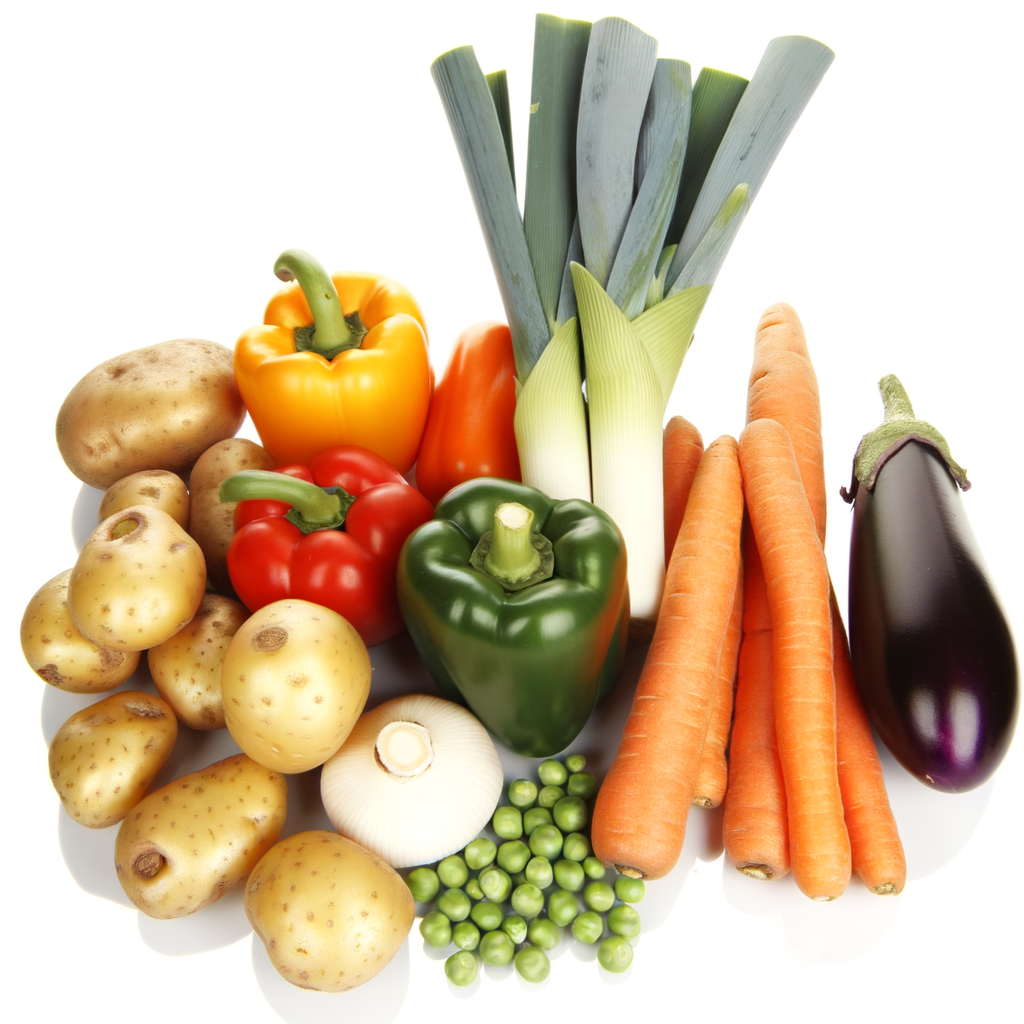When it comes to British cuisine, there is no denying that vegetables play a vital role. From the traditional Sunday roast to modern fine dining, vegetables have been an integral part of British food culture for centuries. As a British food critic, I have had the pleasure of exploring the vast array of vegetables used in British cuisine and I can confidently say that the vibrancy and diversity of British food culture is reflected in the variety of vegetables used in our dishes.
One of the key factors that sets British vegetables apart is the quality. The rich and fertile soils of Britain provide the perfect environment for growing a wide range of vegetables, resulting in produce that is fresh, flavorful and packed with nutrients. From root vegetables like carrots, parsnips and turnips to leafy greens like kale, spinach and watercress, British vegetables are of the highest quality and are used in a multitude of dishes.
But it’s not just about the quality, it’s also about the diversity. British cuisine has a long history of incorporating vegetables from around the world, making it a true melting pot of flavors. From Indian-inspired curries to Mediterranean-influenced salads, there is no shortage of creativity when it comes to using vegetables in British cooking.
As an expert chef, I am constantly amazed by the versatility of British vegetables. Whether they are the star of the dish or simply a supporting player, vegetables add depth, texture and flavor to British cuisine. They are also a key component in promoting a healthy and sustainable food culture, something that I am committed to passing on to future generations.
In conclusion, British cuisine is a celebration of vegetables. From traditional to modern dishes, British vegetables are at the heart of our food culture, reflecting the vibrancy and diversity of our nation. So the next time you sit down to a British meal, pay attention to the vegetables on your plate and savor the flavors of Britain’s finest produce.





